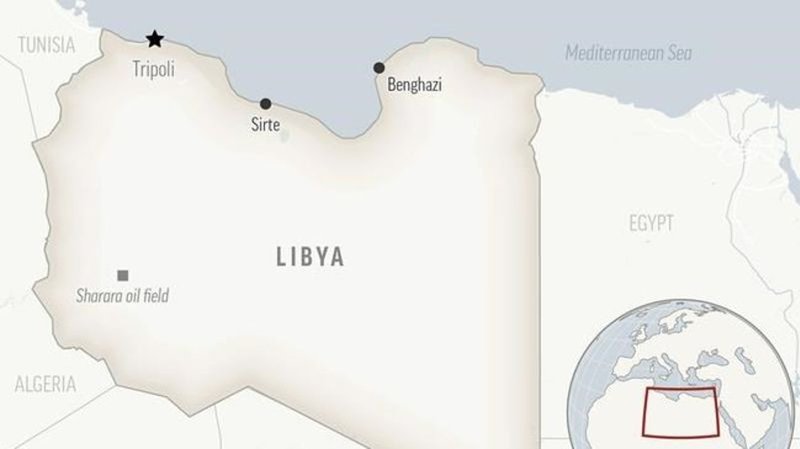
UN says at least 55 migrants drowned in shipwreck off Libya
CAIRO (AP) — A rubber boat carrying dozens of Europe-bound migrants sank off the coast of Libya and at least 55 people drowned, including women and children, the U.N. migration agency said on Wednesday.
The International Organization for Migration said the disaster took place on Tuesday. The boat was carrying at least 60 migrants and had set off from the coastal town of Garabouli, east of Libya’s capital, Tripoli.
The agency said five migrants survived the shipwreck and were brought back to shore by the Libyan coast guard. It was not immediately clear what happened to the vessel.
Safa Msehli, an IOM spokesperson, said the boat capsized a short while after leaving Garabouli. She said the Libyan coast guard has so far retrieved the bodies of nine men and a child.


